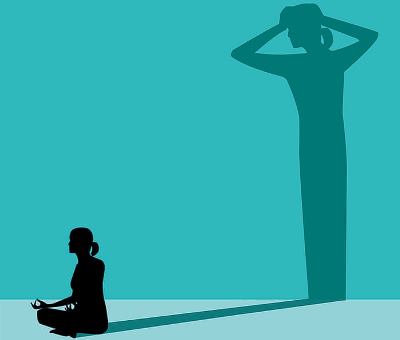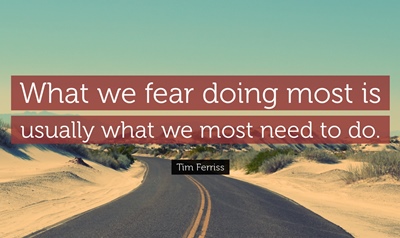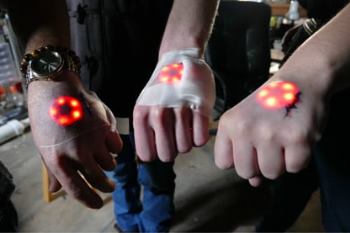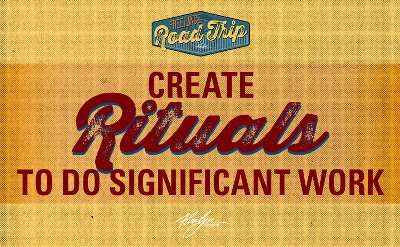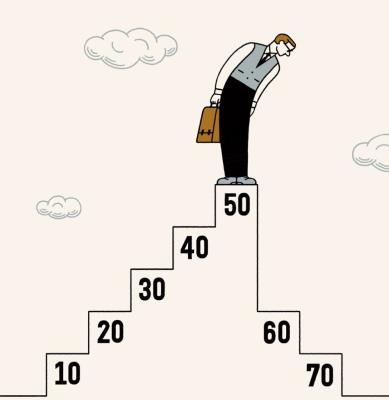Following up from the previous post ‘How We Need to Remember that Mindfulness is Difficult and Messy‘ and the excellent post by Leo Babauta ‘The Honest Guide to Mindfulness‘, the author underlines an essential element: the need for compassion – for oneself and for others.

I like the conclusion of the post: “Mindfulness is only part of the work. The work also requires compassion — for yourself and others. It requires vulnerability and the ability to open your heart. It requires honesty and the willingness to face things. It requires being willing to love things as they are, without needing to control things. It requires letting go of what you think things should be like, letting go of what you think you should have or shouldn’t have. The work requires you to be willing to be curious, to be open, to remain in not knowing.”
Mindfulness is a journey and to be successful, a measure of acceptance of oneself and others is needed. It is actually quite a necessary condition to progress beyond a certain point. Be more compassionate to yourselves and to others!

